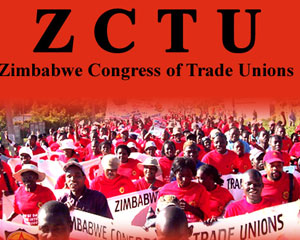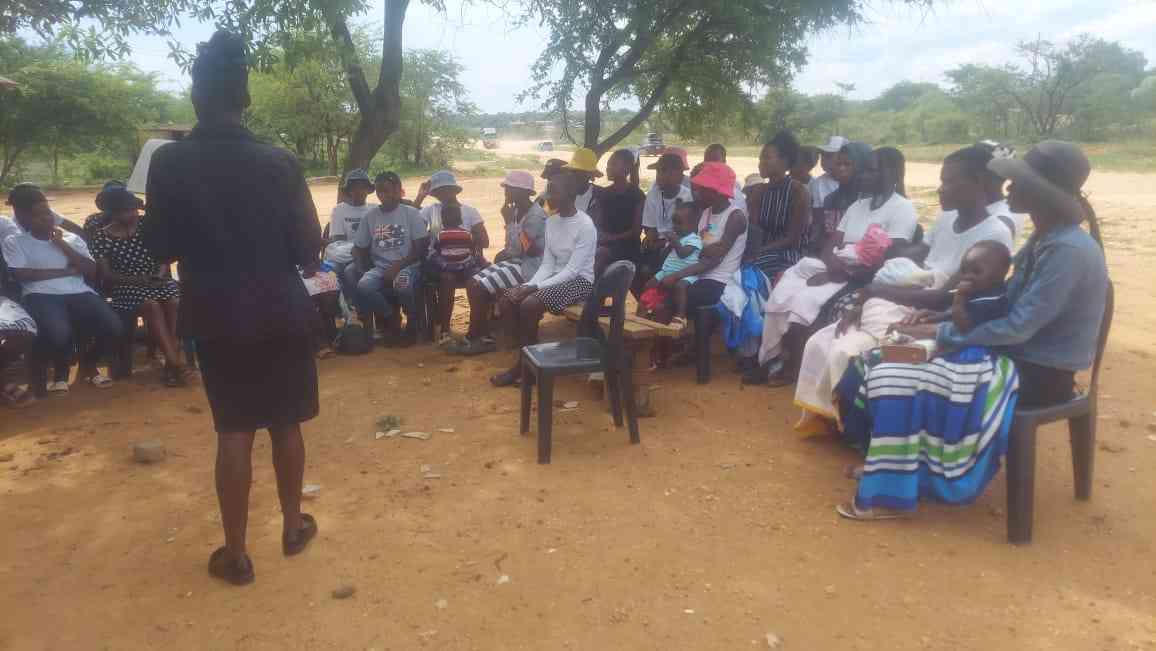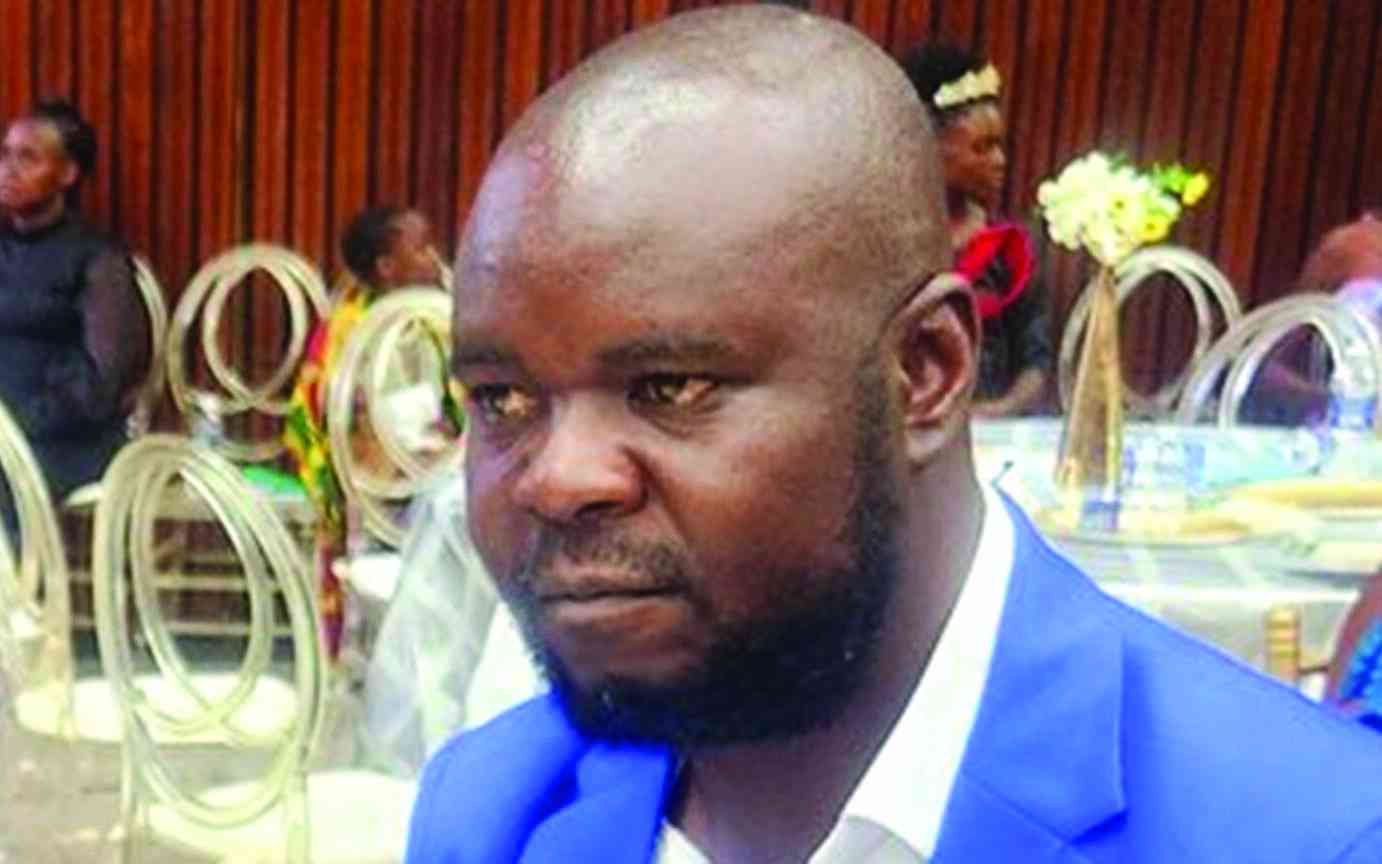
THE Zimbabwe Congress of Trade Unions (ZCTU) has said it will soon engage the new government on a number of issues including advocating for salaries above the poverty datum line (PDL) to ensure workers live comfortably.
BY CHRISTOPHER MAHOVE
Speaking at an event to mark human rights abuses of September 13 2006 by police, ZCTU president, George Nkiwane said the labour body would continue to push for the betterment of the welfare of workers in the country.
Nkiwane’s speech was read on his behalf by ZCTU secretary general, Japhet Moyo.
The event was to mark 13 years after the brutal attack and arrest of 147 trade union leaders and activists by the police, while demonstrating against deteriorating workers’ living standards at a time of skyrocketing inflation.
“You are also aware that we pronounced that the elections did not pass the credibility test,” said Nkiwane.
“That as it may, it is now water under the bridge and the ZCTU looks forward to engaging the authorities on a number of issues, and the top priority is the issue of poverty-datum-line-linked wages, as well as the harmonisation of labour laws.”
Zimbabwe’s PDL for an average of five persons per household stood at US$541 in March but most workers are earning far less.
- Chamisa under fire over US$120K donation
- Mavhunga puts DeMbare into Chibuku quarterfinals
- Pension funds bet on Cabora Bassa oilfields
- Councils defy govt fire tender directive
Keep Reading
However, the government has already announced plans to review salaries and benefits for civil servants.
Nkiwane accused government of violating trade union rights, citing attempts by the police to ban ZCTU commemorations in various regions across the country.
“It is such rule by iron fist that led the International Labour Organisation [ILO] to send a commission of inquiry into Zimbabwe in 2009 that unearthed massive trade union abuses by the government,” he said. “It seems the authorities in this country don’t learn anything from that,” he said.
He said what happened in 2006 should not be allowed to happen in a democratic society.
“We still have people who are permanently disabled due to police brutality but our demands have not yet been fulfilled. We will continue to make those demands until we achieve them,” he said. Nkiwane said a high-level technical team from the ILO was expected in the country next month, to assess the implementations of the 2009 recommendations by its Commission of Inquiry.
In Harare, the commemorations were attended by more than 100 workers and started with a clean-up exercise at Copacabana bus terminus, followed by a march to the ZCTU regional offices.
The police, who had banned the march, claiming that there were elements waiting to hijack the process, provided escort throughout the procession.










